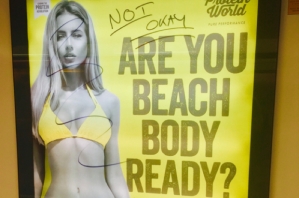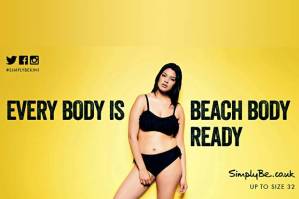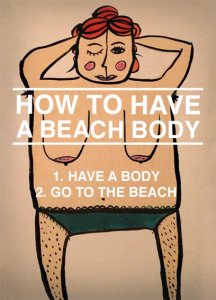Ten years ago, if a guy were to approach you in a club, knowing your name and other details about your life, you would run away and scream, “Stalker!”
Now, if a guy does the same, it’s cool; he follows you on Instagram.
It happened to me a few months ago and the guy quickly became aggressive when I apologised for not knowing who he was. It wasn’t cool, it freaked me out.
This angry stranger “followed” my life in pictures. Scrolling through my posts attempting an outside point of view made me feel sick: there were photos of me and my friends in bikinis on holiday, selfies, modelling photos half naked… All which seemed innocent, fun and worst of all normal at the time now seemed seedy and boastful in this weird collection of exhibitionism and narcissism called My Profile.
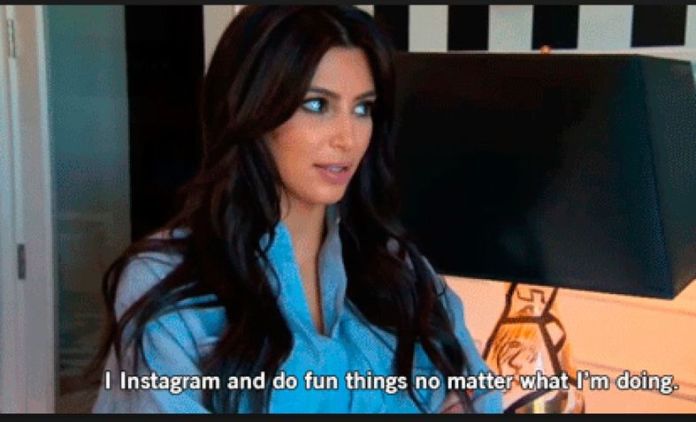
It was the last straw on something I’d considered for a while. I disabled my account.
Alarmingly, I’d never thought about Instagram in terms of my privacy. Instead, I’d been building up to disable it after realising that it affected my mental health in a negative way.
Within an hour, no less than four people had sent me texts, ranging from concerned to hurt, asking why I had ‘deleted’ them. I later learned that they had been told this through an app which alerts you when you’re followed or unfollowed by an account. People really are invested in this thing. Relationship dynamics are affected and ego’s are hurt.
Social media is weird. The terms “follow”, “like”, and “share” mean completely different things now than they did years ago, with those phrases and others like “retweet, unfriend, block” becoming everyday conversational dialogue. Social media has become as normal as brushing your teeth.
So many relationships begin, grow, or solely exist in cyberspace. Whole persons and careers are created and maintained on smart phone applications. On a whole, social media is undeniably dumbing us down and running our lives, but I believe Instagram to be the worst; Twitter is a platform for words, a space to be intelligent, funny, witty, charming in 140 characters or less. Facebook, however you use it, is designed to share and keep in contact with friends and family – but Instagram? Instagram puts importance on the physical image. You can write a funny caption, but it’s the photo above it that’s going to get ‘liked’.
Yes, it can be used to share beautiful photographs. But it is photos of people – particularly attractive women’s faces and bodies – that receive the most likes. Just look at the 11 most liked photo’s on Instagram ever – the physical is of sole-importance.
It allows us to construct our own fairy-tale image; psychologists use the term ‘self-presentation’, “positioning yourself the way you want to be seen.” A study found that self-presentation is so powerful, that viewing your own social media profiles increases self-esteem.
Compilation of boastful, ‘fun’ posts featuring me as an apparent party girl who holidays more than she’s at home
But Instagram never made me feel good. I’d subconsciously compare myself to everyone else seemingly having a better time, looking their posed, filtered best, usually from the comfort of my own bed while I looked like a frog. We never scroll through Instagram when we’re having fun, do we? I would only scroll when I had nothing better to do, making me receptive to negative feelings of boredom or loneliness before photos had even loaded. I would often close the app feeling undeniably depressed. So why did I continue to use something that was bad for my mental health?

I’d never thought much about why and what I post until I disabled my account. When I was modelling I used Instagram to network with photographers and promote freebies like skincare and haircuts. I never felt that I was sharing too much of myself. But amongst those arguably useful posts are a few that, after my reflective time out, I now see as nauseatingly narcissistic.

I actually thought I had made it acceptable because I was being philosophical in my caption, lol
Why at 23 years old did I feel that it was necessary to post a photo of myself in a bikini, alone, while on holiday with my boyfriend? The honest answers are:
- I wanted my followers to know I was on holiday.
- I obviously didn’t think I looked bad, or else I wouldn’t have posted it – I wanted my followers to see that I looked alright.
- I knew that a photo of a girl in a bikini will get the likes that, at the time, I unknowingly craved.
It all sounds arrogant, but are you honestly going to tell me that you can’t relate? Chances are you, your friends, your girlfriend, have posted photos for the same reasons. Why else would you take time out of your day to share a photo of yourself to the internet?
We are an insecure generation, constantly feeding off likes and follows for some sense of empty validation from strangers. Although I may look confident in that pink bikini, and at the time I thought I was – if I hadn’t needed validation then I wouldn’t have posted it. My ‘racy’ photos littering my feed now make me feel uncomfortable, especially now realising that strangers have studied them.
Compilation of meaningless, strictly narcissistic, vainglorious, egomaniacal posts posted by yours truly
After my much needed detox, the image of a girl alone in a bathroom seems like the epitome of vanity and shameless narcissism. I want to scream at her, “No one cares! Go jump in the pool! Go live your life! No one needs to see that!”. Yet, 99% of sexualised female celebrities and models do exactly the same thing and are praised for it.
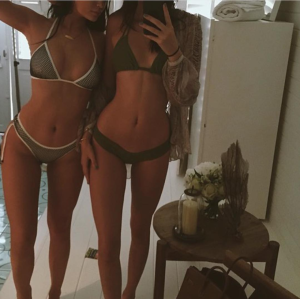
I recommend every one –even those who think I’m dramatic for thinking an app could affect my mental health – carry out a social media detox for a week and see if you notice a difference in how you think or live your life. I personally have so much more time for productivity; all the time you spend taking photos, or thinking about what photos to post and simply looking into other people’s lives, really does add up.
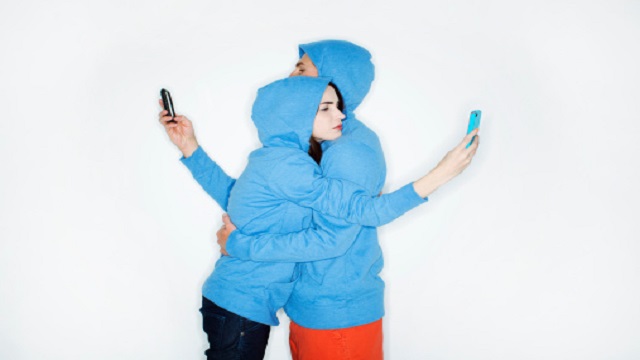
The main thing that was putting me off disabling or deleting was FOMO and keeping up appearances; almost as if not posting was in inkling to the outside world that all was not well. But trust me, you are missing out way more on actual real life than what other people are up to. And those ‘likes’ lose importance strangely quickly. After six weeks, I reactivated my account, but now peeking into others’ lives feels really invasive. I have also completely lost that need to post; once or twice I have almost posted something and then asked myself, why?
Close the apps, put down the phone and enjoy the moment. If you’re going to take photos, print them, and give thought to the ones you do post. Don’t try to create an image of the perfect life – live your version of your perfect life.
The only person you should let validate your life is yourself.
PS. Follow @_theluckyleo on Instagram (no selfies, I promise)
ALL IMAGES TAKEN FROM GOOGLE IMAGES & MY OWN INSTAGRAM
















